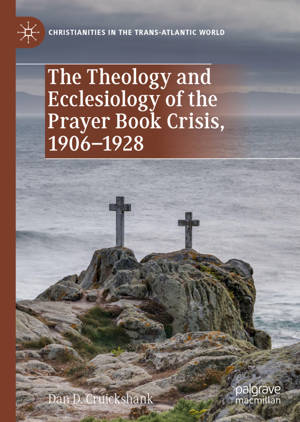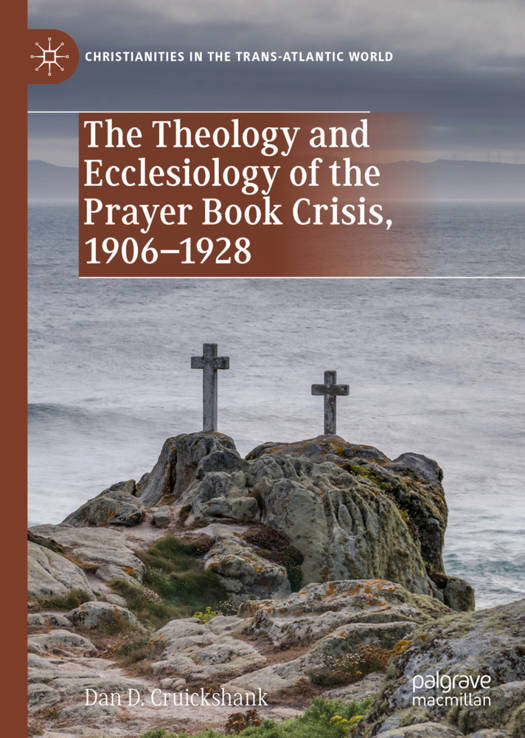
- Retrait gratuit dans votre magasin Club
- 7.000.000 titres dans notre catalogue
- Payer en toute sécurité
- Toujours un magasin près de chez vous
- Retrait gratuit dans votre magasin Club
- 7.000.000 titres dans notre catalogue
- Payer en toute sécurité
- Toujours un magasin près de chez vous
The Theology and Ecclesiology of the Prayer Book Crisis, 1906-1928
Dan D CruickshankDescription
This book considers the doctrinal and ecclesiological trends that were present during the construction of the revised Book of Common Prayer of 1927. Through the use of the records of both Convocations and of the National/Church Assembly, it examines the debates that led to the revised Book and the doctrinal shifts that were present in these debates. It challenges the idea that the revision process stalled in the First World War by showing how the birth of the National Assembly that took place during the war was born out of the revision process. Through the Assembly records it shows the integral role the laity played in the revision process. It examines the attempts to get the revised Books through Parliament, the difference between pro and anti-revision speakers, and the radical ecclesiological thinking that followed the rejections.
Spécifications
Parties prenantes
- Auteur(s) :
- Editeur:
Contenu
- Nombre de pages :
- 127
- Langue:
- Anglais
- Collection :
Caractéristiques
- EAN:
- 9783030271299
- Date de parution :
- 23-09-19
- Format:
- Livre relié
- Format numérique:
- Genaaid
- Dimensions :
- 148 mm x 210 mm
- Poids :
- 322 g







